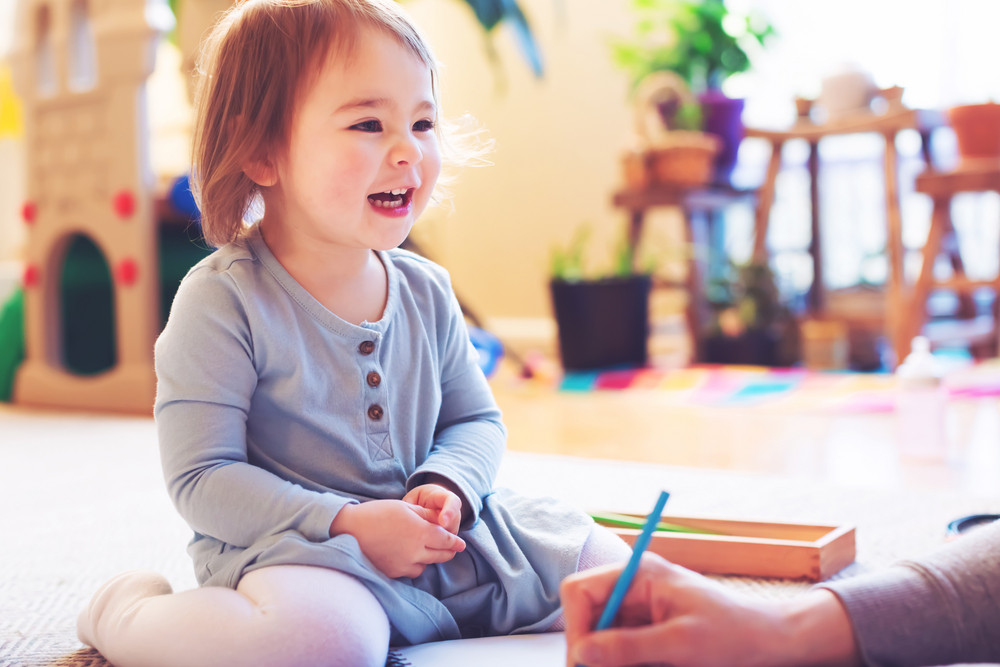Deciding when your child is ready for early childcare education can be both exciting and daunting. Often, parents are faced with questions about the appropriate time to introduce their young ones to a more structured learning environment outside of the home. Understanding the key signs that indicate your child’s readiness for a school setting can help ease this transitional period and provide a solid foundation for their future learning experiences. Here are a few key factors to keep in mind as you decide whether to enroll your child in an early childcare education program.
Social Behaviors
One of the first signs that your child may be ready for childcare education is an increased interest in social interactions. Children who begin seeking out playmates and respond positively to group activities are often prepared for the social dynamics of a childcare setting. At this stage, introducing them to a structured environment with peers can foster important social skills, such as cooperation, empathy, and conflict resolution.
Emotional Development
Another crucial factor to consider is your child’s emotional development. Look for signs of independence, such as a willingness to separate from you for short periods without distress. According to National University, early education (for children ages zero to five) can help to prepare children to develop the social and emotional skills that will benefit them throughout their lives. If your child can manage their emotions and demonstrate self-control, they’re likely ready to handle the routines and expectations of a childcare setting.
Self-Care Skills
Additionally, basic self-care skills are an indicator of readiness. If your child can perform tasks like feeding themselves, using the toilet, and following simple instructions, they may be equipped to thrive in an educational environment. These skills not only contribute to their independence but also help them navigate daily routines more comfortably, allowing educators to focus on enhancing their learning experiences.
Recognizing your child’s readiness for early childcare education involves observing their social, emotional, and self-care development. Increased interest in social interactions, emotional independence, and basic self-care skills are significant indicators that your child may benefit from a structured early education environment. By paying attention to these cues, you can ensure a smoother transition and set the stage for your child’s continual growth and development. If your child is ready to take this exciting step, contact NOLA Public Schools today to learn more about our educational programs.


